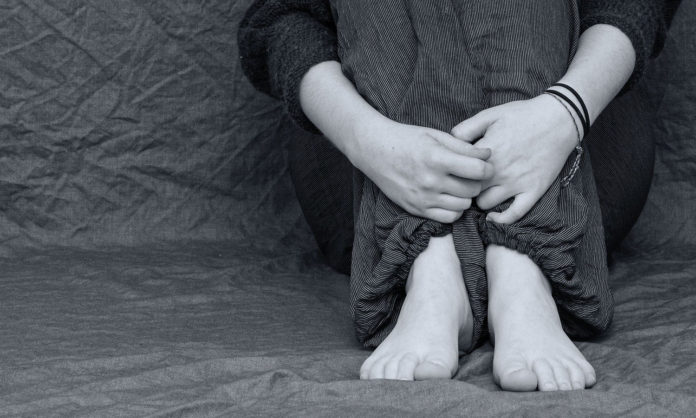
In a post on the SFWA blog, Sarah Gailey opens a discussion on writing about trauma, a difficult subject for many writers.
“My favorite description of trauma is this: trauma is simply too much, too soon,” Gailey writes. “Trauma is not always massive, is not always physically harmful, is not always immediately recognizable. The thing to keep in mind here is: If a difficult or unpleasant experience changes a person in a lasting way, it’s trauma.”
Trauma can be caused by small personal events or by the kind of cataclysms portrayed in genre fiction. Trauma responses can take many different forms. Using her definition of trauma – a difficult or unpleasant experience that changes a person in a lasting way – Gailey says that the trauma process is at the heart of most stories. Stories promise that characters will struggle and arrive at their destination changed. It’s difficult to imagine stories that don’t have these elements.
Gailey suggests that much fiction treats this kind of change too lightly. “Narratives help us to understand ourselves and the world around us, and stories that depict trauma as a temporary inconvenience reinforce the idea that ongoing trauma-responses are unusual, or even a sign of weakness,” Gailey writes. “Many endings, in an attempt to be satisfying, rest on the notion that the struggle is in the past and the future is hopeful.” In reality, this is far from the truth. Instead, trauma survivors may not find full closure, but develop coping mechanisms that let them integrate their past and present.
Gailey offers some advice for changing the narrative on trauma. Writers should acknowledge that suffering is not a moral punishment or an indictment of character. Suffering is not desirable but the experience itself is morally neutral. “A person or character who experiences suffering is not inherently good or bad, and is not morally better or worse for having those experiences,” Gailey says. This can be difficult to accept, as many religions and philosophies embrace suffering as an experience with a higher moral purpose.
Gailey also says that happiness and suffering aren’t mutually exclusive. Trauma survivors can be hopeful and optimistic, while still living with the effects of their experience. “A satisfactory ending to a traumatic narrative doesn’t need to eliminate the effects of that trauma,” Gailey says. “Instead, that ending can integrate the changes characters have undergone, acknowledge how they’re different because of what they’ve experienced, and respect how living with those changes may not be entirely easy.”











